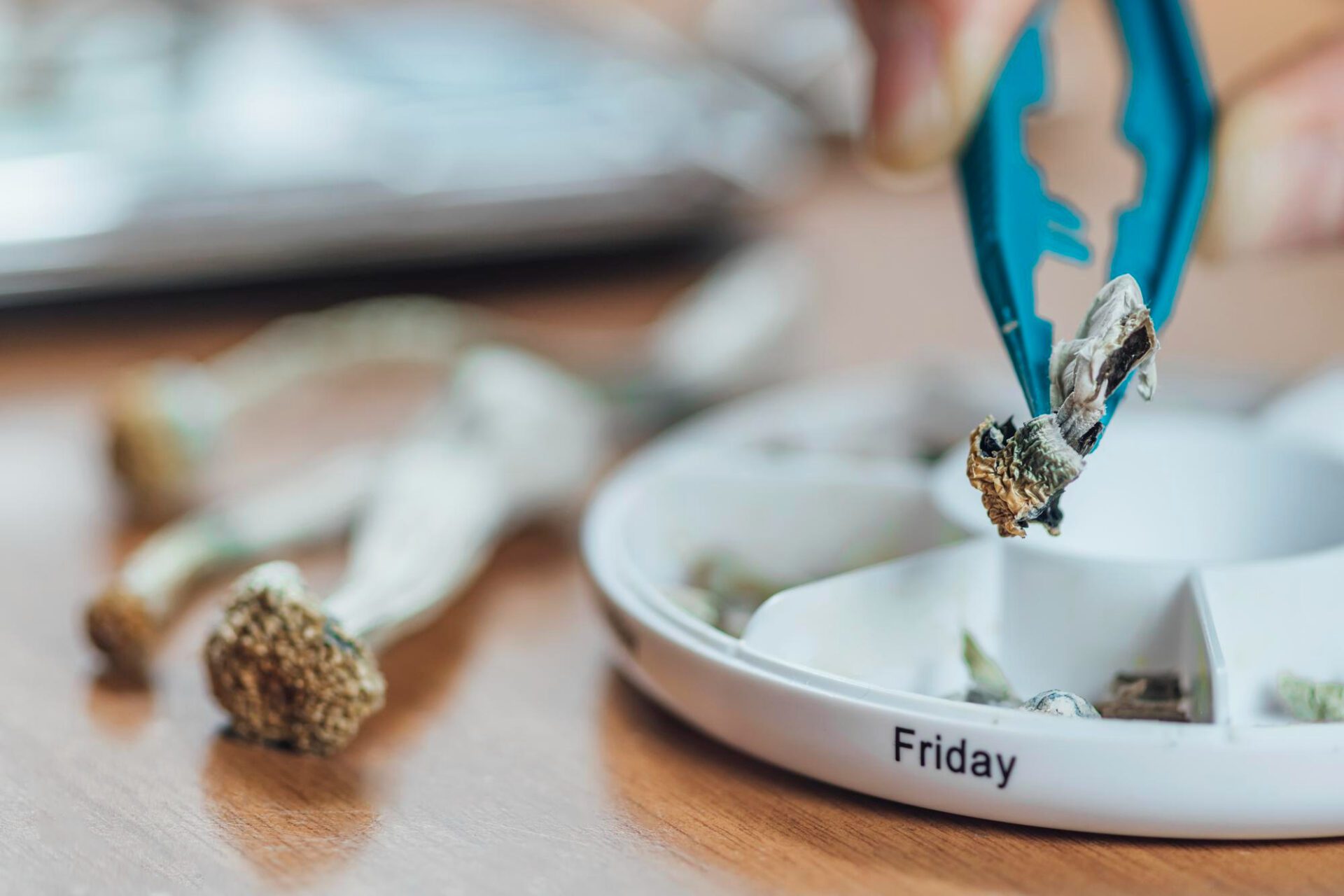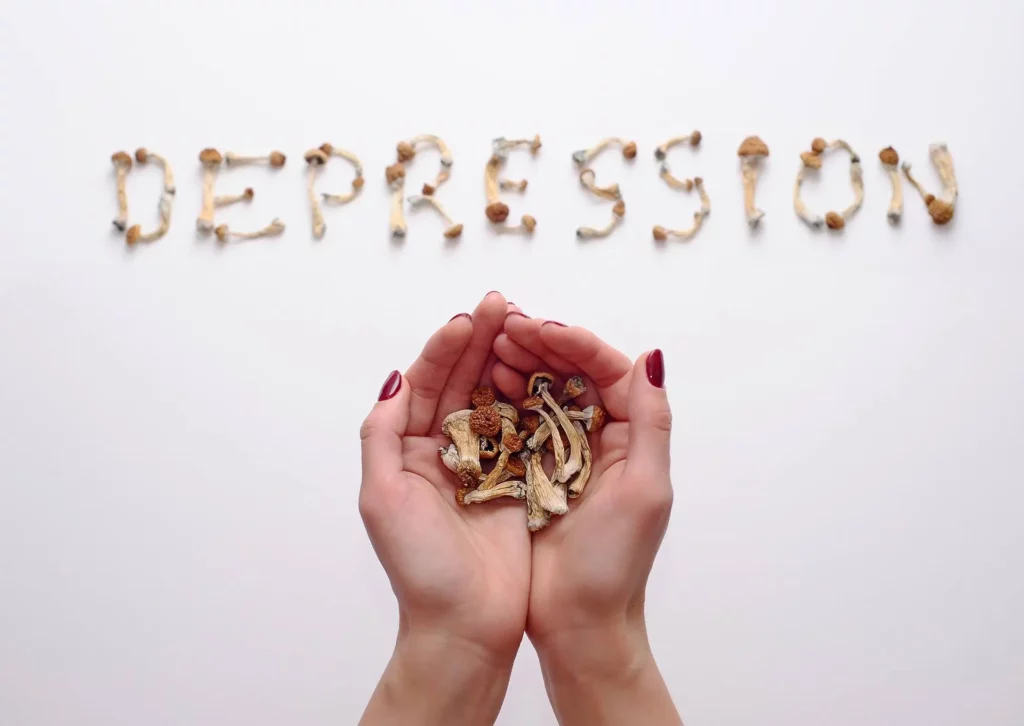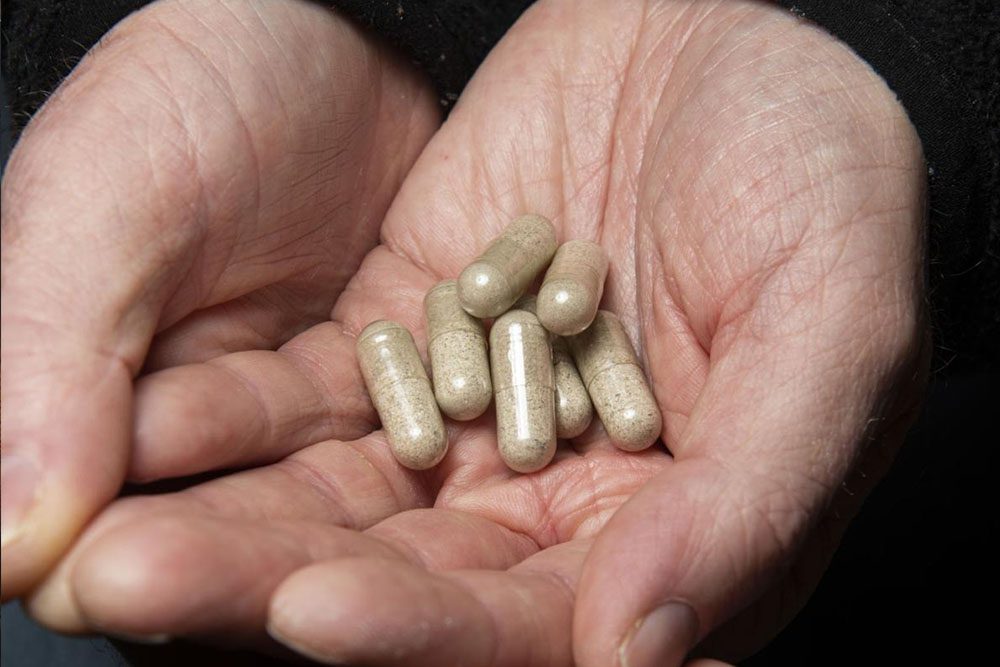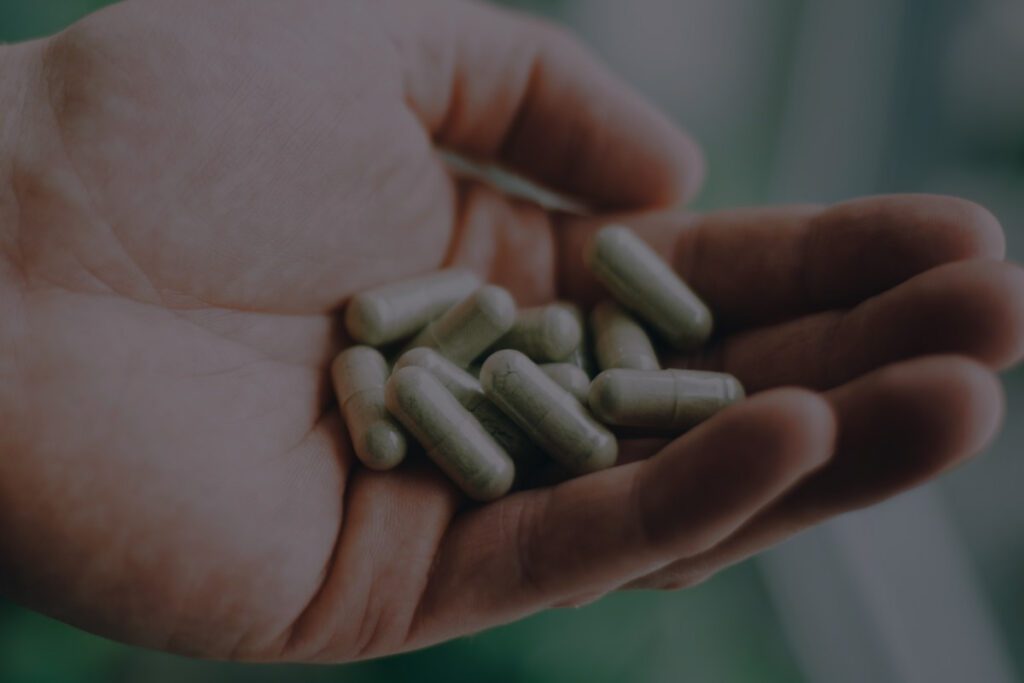Navigating the world of microdosing mushrooms can be a fascinating and rewarding journey. With various microdosing protocols available, each offering unique benefits and schedules, finding the perfect fit for your needs can be a challenging yet enlightening experience. In this article, we will delve into six well-known microdosing schedules, providing a thorough analysis of their features, advantages, and disadvantages. Our goal is to equip you with valuable insights to make an informed decision about the most suitable protocol for your personal goals. Without further adieu, here are the best microdosing protocols for you to follow:
The Fadiman Protocol
- Developed by Dr. James Fadiman, the “Father of Microdosing”
- Schedule: One day on, two days off
- Popularized for use with LSD but also applicable to psilocybin mushrooms
The Fadiman Protocol is the most popular and beginner-friendly microdosing schedule. Named after its creator, Dr. James Fadiman, it was initially designed for LSD but has since been adopted for psilocybin mushrooms. The protocol involves taking a microdose one day, followed by two rest days before dosing again. This 1:2 schedule allows users to observe the effects of microdosing on their daily lives without developing a tolerance to the substance.
Advantages:
- Suitable for beginners
- Allows for self-reflection and observation of effects
Disadvantages:
- Less frequent dosing may not be ideal for certain mental health conditions
The Stamets Protocol
- Created by renowned mycologist Paul Stamets
- Schedule: Five days on, two days off
- Encourages the use of a “Stamets Stack” to enhance effects
The Stamets Protocol, developed by mycologist Paul Stamets, is a more intense microdosing schedule aimed at enhancing cognitive performance. It involves taking a microdose for five consecutive days, followed by two days off. Additionally, the Stamets Protocol encourages the use of a “Stamets Stack” – a combination of psilocybin mushrooms, Lion’s Mane mushrooms, and niacin (vitamin B3) – to improve the absorption and effects of the psilocybin.
Advantages:
- May enhance cognitive performance
- Incorporates additional nootropics for synergistic effects
Disadvantages:
- Higher risk of developing tolerance due to consecutive dosing days
Every Other Day Protocol
- Introduced by the Microdosing Institute in the Netherlands
- Schedule: One day on, one day off
- Recommended for specific mental health conditions under expert supervision
The Every Other Day Protocol is designed to help users seeking relief from mental health conditions such as depression, anxiety, PTSD, ADHD, cluster headaches, and migraines. This protocol involves alternating between dosing and non-dosing days. Due to its potentially high efficacy, it is crucial to consult a healthcare professional before using this protocol to address mental health concerns.
Advantages:
- May provide relief for specific mental health conditions
- Consistent schedule
Disadvantages:
- Requires expert supervision for safety and efficacy
The 2:1 Protocol
- A variation of the Every Other Day Protocol
- Schedule: Two days on, one day off
- Highly recommended for PTSD treatment in combination with other therapies
The 2:1 Protocol is a lesser-known variation of the Every Other Day Protocol. It involves taking a microdose for two consecutive days, followed by one day off. This protocol is particularly beneficial for individuals suffering from PTSD when combined with personalized supplemental regimens, somatic practices, and specific lifestyle changes.
Advantages:
- May provide significant support for PTSD treatment
- Can be customized with additional therapies
Disadvantages:
- Less well-known and studied compared to other protocols
- Requires expert guidance for optimal results
Two Days A Week Protocol
- Designed for users seeking more control over their microdosing schedule
- Schedule: Two non-consecutive days per week
- Ideal for pairing microdosing with specific activities, such as creative sessions or nature exploration
The Two Days A Week Protocol is perfect for individuals looking for more control over their microdosing schedule. This protocol involves taking a microdose on two specific, non-consecutive days per week, with at least one “no dosing” day in between. This flexibility allows users to align their microdosing practice with activities like creative pursuits or spending time in nature.
Advantages:
- Greater control over microdosing schedule
- Allows for strategic pairing with specific activities
Disadvantages:
- Less frequent dosing may not be ideal for addressing some mental health concerns
Intuitive Microdosing
- A non-regimented approach to microdosing
- Schedule: No fixed schedule; dosing days are chosen intuitively, with a minimum of one “no dosing” day in between
- Best suited for experienced microdosers seeking a more relaxed and personalized approach
Intuitive Microdosing is a flexible, non-regimented approach for experienced microdosers. There is no fixed schedule for this protocol; instead, users choose their dosing days intuitively while ensuring at least one “no dosing” day in between. This approach allows for a deeper connection with the psychedelic experience and a more personalized microdosing practice.
Advantages:
- Highly customizable and personalized
- Encourages deeper connection with the psychedelic experience
Disadvantages:
- Not suitable for beginners
- Lack of structure may be challenging for some users
Finding the Right Microdosing Protocol for You
Choosing the ideal microdosing protocol is a highly individualized process, as each person’s goals, preferences, and circumstances can vary significantly. To determine the most suitable protocol for your needs, start by reflecting on your objectives for microdosing, whether they relate to enhancing creativity, addressing mental health concerns, or optimizing cognitive performance. Additionally, consider any scheduling constraints and your willingness to commit to a structured routine. For beginners, it’s advisable to start with a more established protocol, such as the Fadiman or Stamets protocols, before exploring alternative options. As you gain experience and familiarity with microdosing, you may find it helpful to experiment with other protocols or even develop your own personalized approach. By taking the time to understand your unique needs and preferences, you’ll be better equipped to make an informed decision and optimize your microdosing experience.
Frequently Asked Questions
Q: How do I choose the right microdosing protocol for me?
A: The right microdosing protocol depends on your goals, experience, and preferences. Consider your desired outcomes, schedule, and any mental health concerns before choosing a protocol. It’s always a good idea to consult a microdosing expert or healthcare professional for guidance.
Q: How much should I microdose?
A: A typical microdose ranges from 2-10% of a full dose, ensuring no impairment during daily activities. The exact amount varies depending on the individual and the substance being used.
Q: How long should I follow a microdosing protocol?
A: The duration of a microdosing regimen depends on your goals and chosen protocol. Most protocols recommend periodic “off-cycles” or breaks (usually 2-4 weeks) to maintain efficacy and avoid developing a tolerance to the substance.
Q: Can I combine microdosing with other supplements or medications?
A: It’s essential to consult a healthcare professional before combining microdosing with other supplements or medications, as interactions may occur. Always prioritize safety and ensure you are well-informed before embarking on a microdosing journey.
Microdosing Protocols: Final Thoughts
Embarking on a microdosing journey with psilocybin mushrooms can be a transformative experience, offering opportunities for personal growth, enhanced creativity, and mental health support. Understanding the various microdosing protocols, their benefits, and potential drawbacks allows you to make an informed decision tailored to your unique needs and goals. As you navigate the world of microdosing, we hope this exploration of the different protocols serves as a valuable guide, inspiring you to discover your personalized path toward self-discovery and overall well-being.
Eager to learn more about the fascinating world of magic mushrooms and microdosing? Visit the Top Shelf Shrooms Blog for exclusive insights, expert tips, comprehensive guides, and the latest research. Start your journey to a deeper understanding of shrooms and elevate your mind today!



